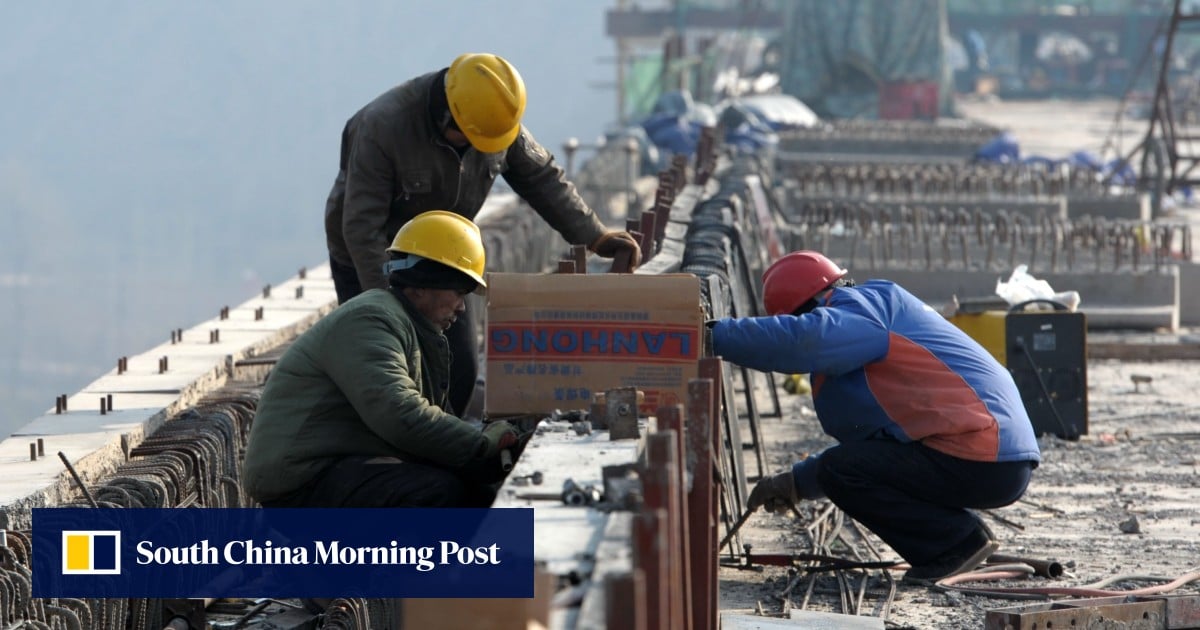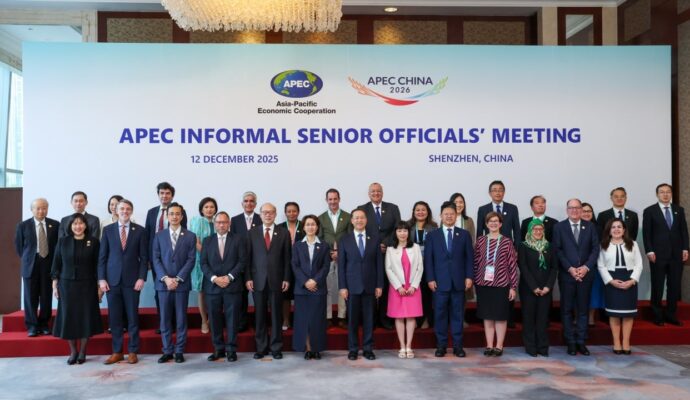

“We have repeatedly promised and will emphasise again … please be rest assured we will protect investors’ income and legal rights just like protecting our own lives and eyes, and resolutely defend Gansu’s good credit environment and healthy financial system.”
Amid plans to double its debt issuance in 2023 from a year earlier, Wang urged investors to trust Gansu Province Highway Aviation Tourism Investment Group, the local authority company responsible for a wide range of infrastructure development, that also includes finance, trade, real estate, and energy.
Wang told investors he had met with financial regulators and state banks in Beijing who had pledged to “vigorously support” the issuance of debt in Gansu, including LGFV bonds.
Attendees at the roadshow in Shanghai included the head of the Bank of Communications, the assistant vice-president of the Lanzhou branch of China Merchants Bank and the assistant general manager of Haitong Securities’ bond financing department.
Earlier this month, Wang met a group of institutional investors at the Gansu branch of the China Development Bank and acknowledged that the province had been struggling to raise funds due to the central government’s debt control campaign.
In 2022, corporate bond financing in Gansu declined to 22.3 billion yuan (US$3.2 billion) from 57.6 billion yuan in 2019, according to Wang.
“Over the past few years, the national financial supervision and corporate financing policies have become stricter, and the scale of bond financing in our province has continued to decline,” Wang said on February 16, according to a transcript published by the financial regulator.
“Gansu’s economic development has fallen behind. The per capita gross domestic product is 52 per cent of the national average, and the per capita disposable income of residents is 64 per cent of the national average, both of which are at the bottom of the country. But fallen behind also means there is potential.”
Wang said the provincial government has set up a credit insurance fund, while it will also make better use of its assets and coordinate financial resources to raise funds to ensure debt payments are managed.
Fitch Ratings said on Monday that nearly a third of the provincial-level jurisdictions in China are more susceptible to refinancing pressure given their large exposure to short-term bond maturities and higher refinancing costs.
Tianjin, the Ningxia Hui autonomous region, Gansu, Liaoning, Yunnan and Qinghai own over 35 per cent of LGFV bonds due this year, according to Fitch Ratings.
The rating agency also expects the central government to press on with infrastructure investment as it attempts to revive the economy by offsetting the weakness in the property sector and its exports.
China’s top leaders, though, have repeatedly stressed the importance of fiscal sustainability and effective management of local debt risks.
Fitch Ratings believes banks, which are the main source of LGFVs’ capital market debt repayments, are likely to be more selective in extending new loans, preferring LGFVs in developed regions, those with adequate commercial returns on projects or with clearer policy roles, including infrastructure projects.

